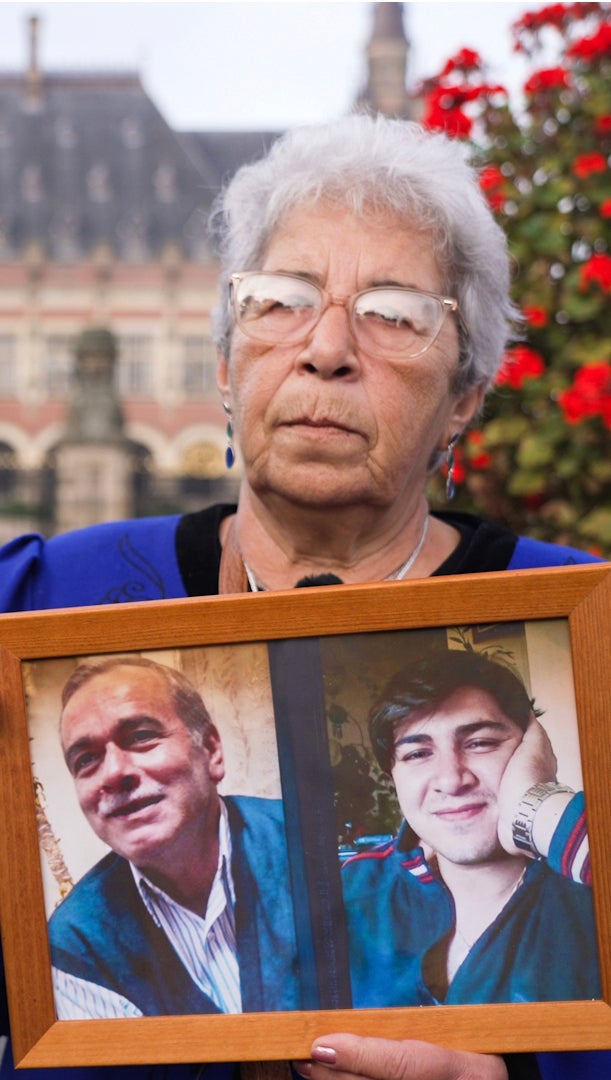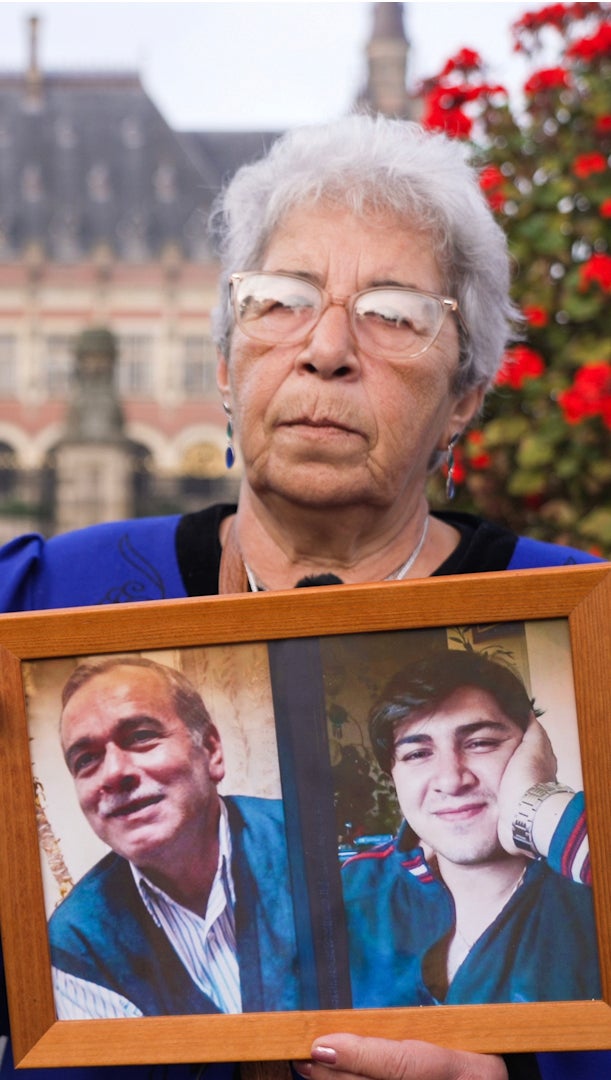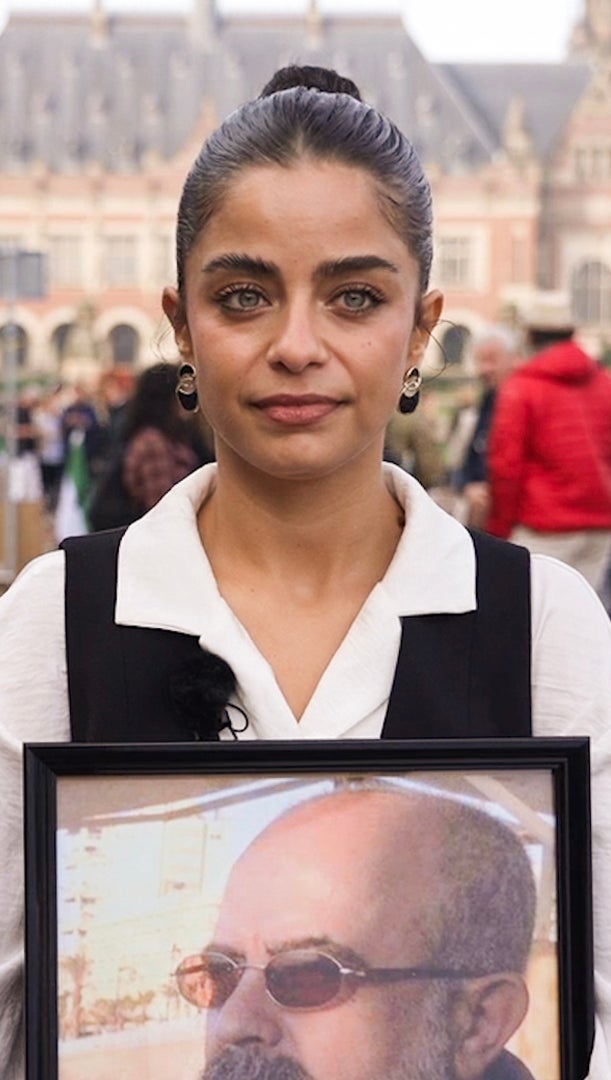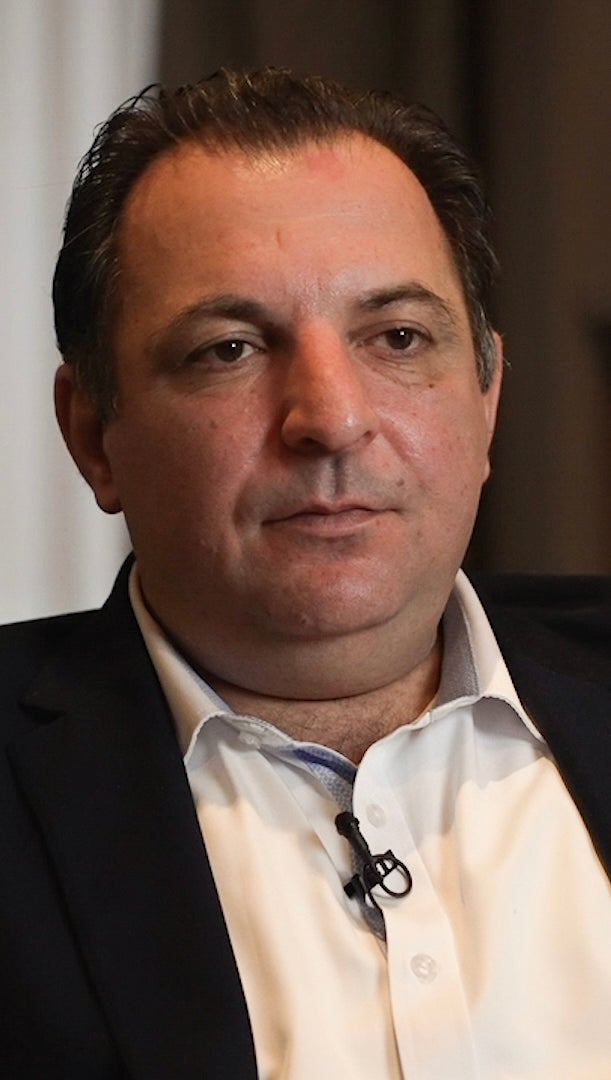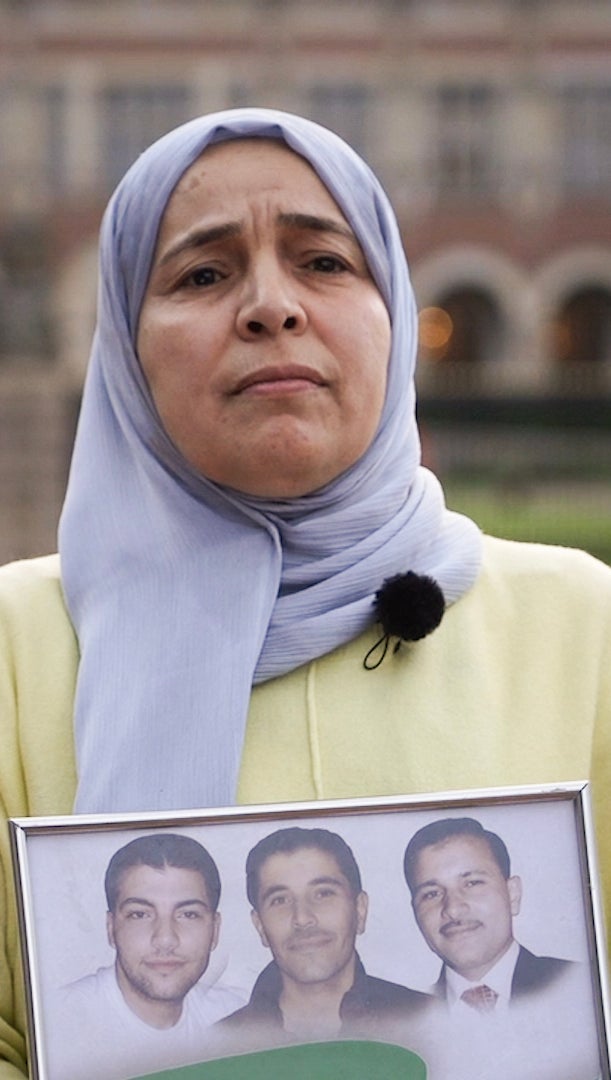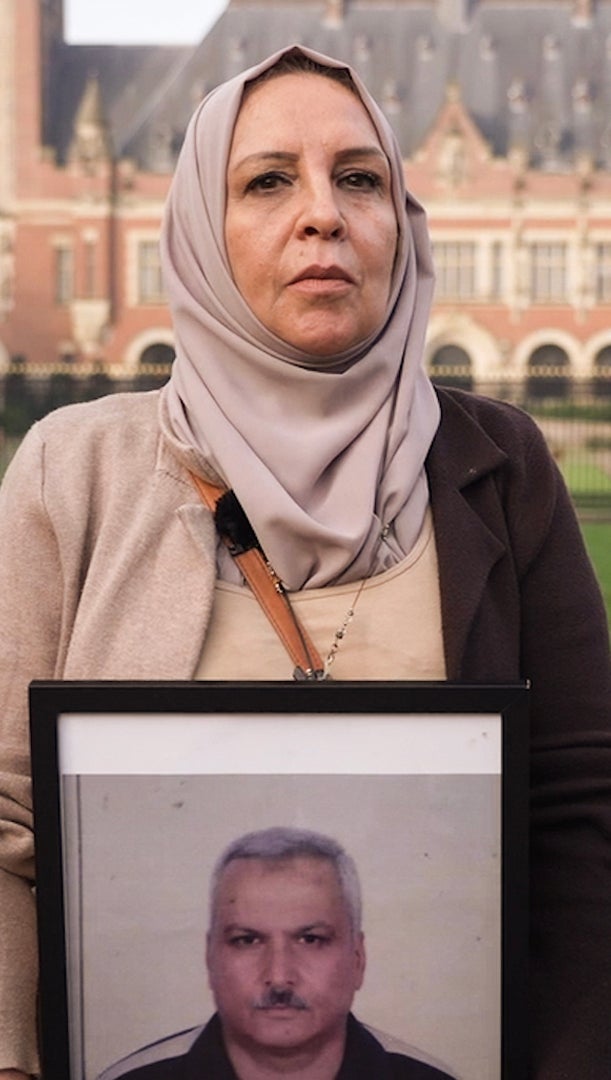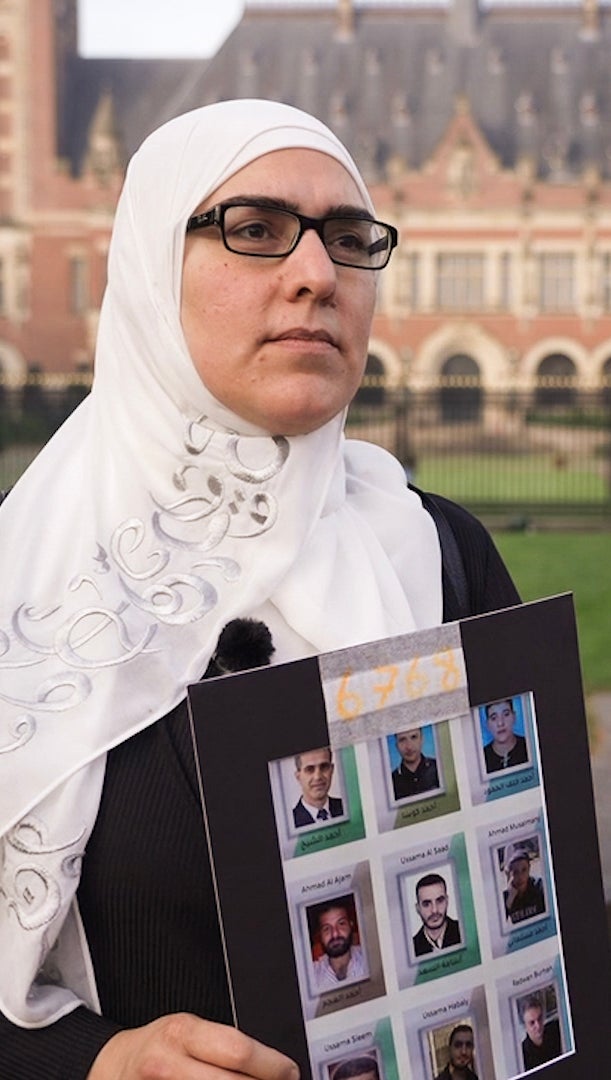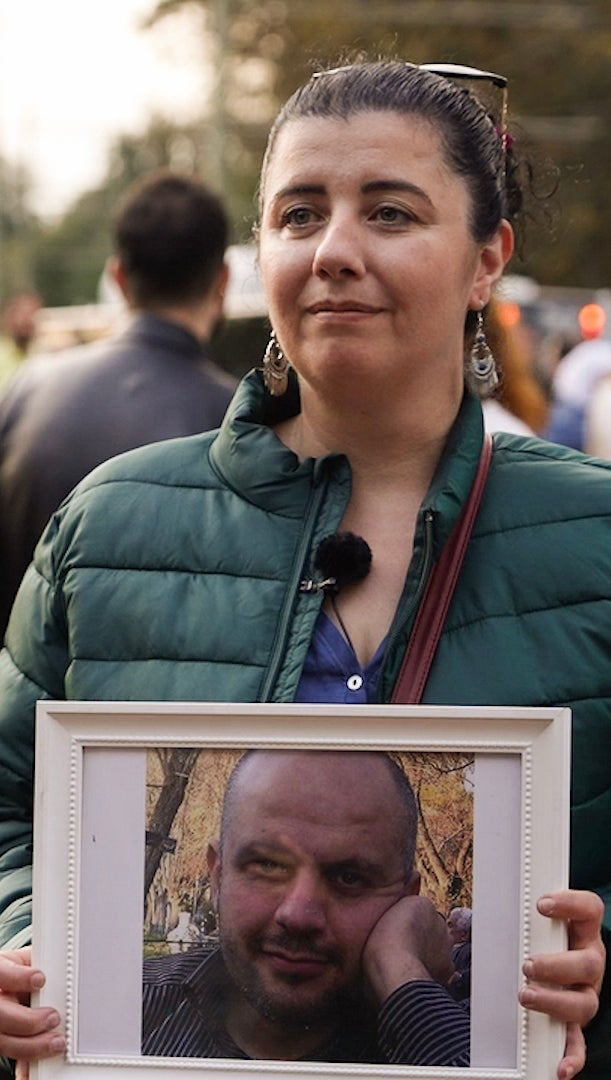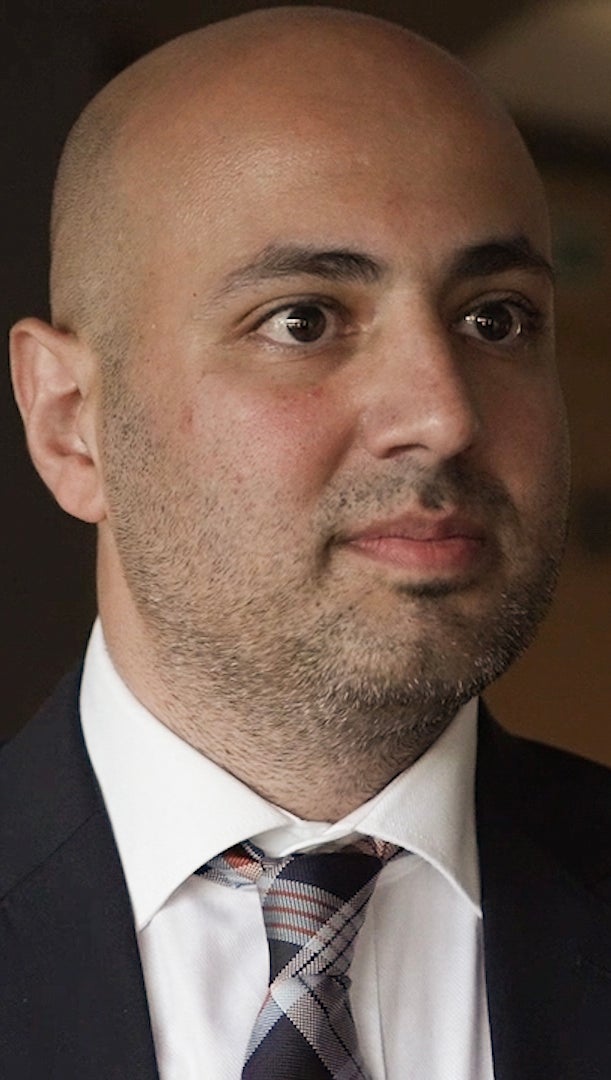
On November 16, 2023, the International Court of Justice (ICJ) ordered Syria to take all measures within its power to prevent acts of torture and other abuses in the country. Syria has consistently denied torture allegations and failed to comply with the court’s order.
One month before the ICJ’s groundbreaking order, a group of Syrians had gathered in front of the court in the Hague with photographs of individuals who have been detained or disappeared by Syrian authorities. The images displayed were of loved ones – whether a child, husband, father, or friend. They came to mark the first hearings in the case brought by the Netherlands and Canada alleging Syria is violating the international Convention Against Torture.
At those hearings, the Netherlands and Canada presented the court with detailed allegations over Syria’s violation of the convention, citing unlawful treatment of detainees, inhumane detention conditions, enforced disappearances, sexual and gender-based violence, violence against children, and the use of chemical weapons. Since 2011, Human Rights Watch and others have extensively documented the arbitrary detention and torture of tens of thousands of people by Syrian government forces in what amount to crimes against humanity.
Those gathered in The Hague in October 2023 represented only a tiny fraction of the many impacted by Syrian government abuses. Each came to share their story and demonstrate their persistence in ensuring sustained scrutiny over the ongoing abuses and advancing efforts toward accountability.
Click on the photos below to hear their personal accounts.

